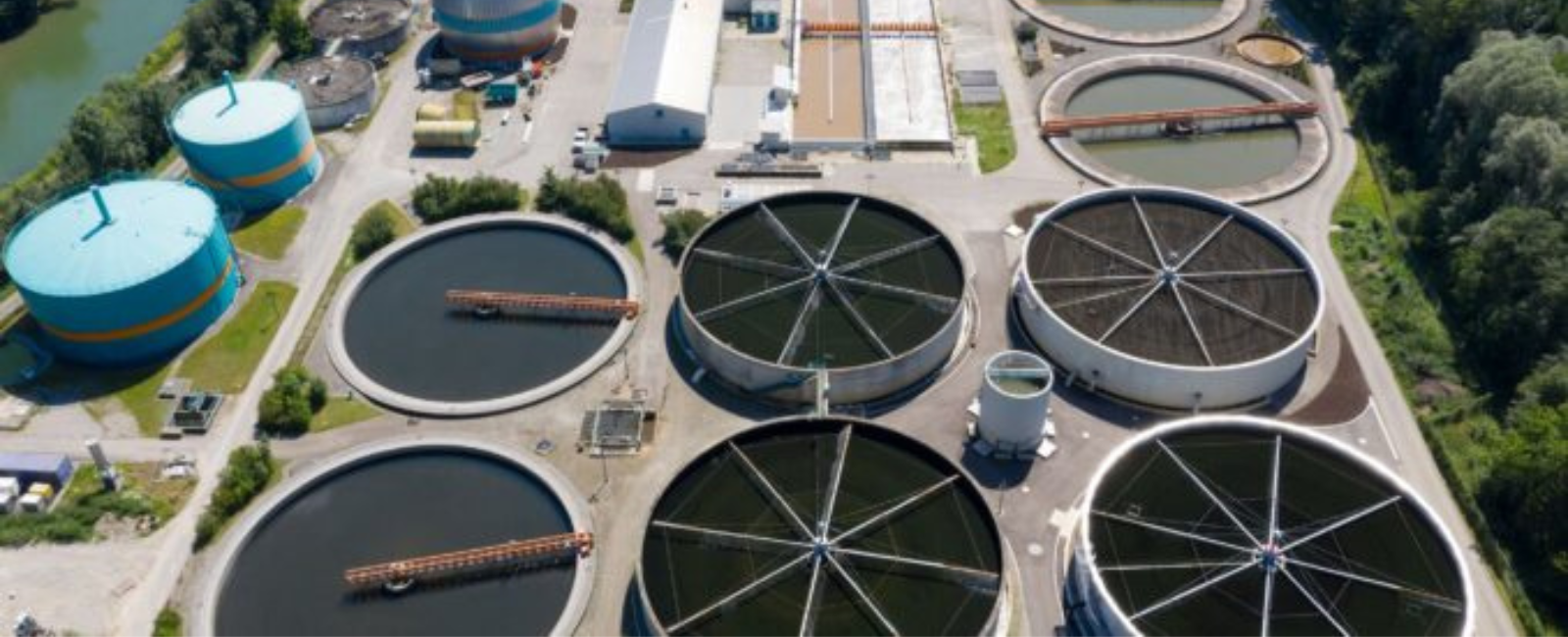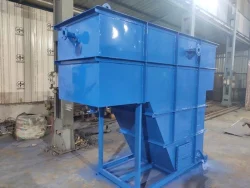Frequently Asked Question
An oil water separator is a device that is used to separate oil and water mixtures. It is commonly used in industrial settings such as factories, marinas, and airports to separate oil and other hydrocarbons from water, allowing the water to be safely discharged into the environment.
Oil water separators work by using a combination of physical and chemical processes to separate oil and water. This can include gravity separation, skimming, coalescing, and adsorption. The separated oil is typically collected in a storage tank for disposal or reuse, while the water is discharged into the environment.
There are several types of oil water separators available, including gravity separators, coalescers, and adsorbers. The type of separator chosen will depend on the specific characteristics of the oil and water mixture to be treated.
Oil water separators are an effective and efficient way to separate oil and water, reducing the environmental impact of industrial operations. They can also help companies comply with environmental regulations and minimize the risk of fines and penalties.
Oil water separators require regular maintenance to ensure optimal performance. This includes regularly monitoring and maintaining the various treatment processes, replacing any damaged components, and cleaning the system to remove any build-up of impurities.
Oil water separators can help reduce the environmental impact of industrial operations by removing pollutants from water before it is discharged into the environment.
Oil water separators must comply with the regulations set by the local and national environmental protection agency. These regulations typically include requirements for the design, construction, operation, and monitoring of oil water separators.
The typical by-products of oil water separators include separated oil and water. The separated oil can be collected in a storage tank for disposal or reuse while the water will be discharged into the environment after meeting the requirement and standard set by the regulations.

45.webp?v=1639548670)
